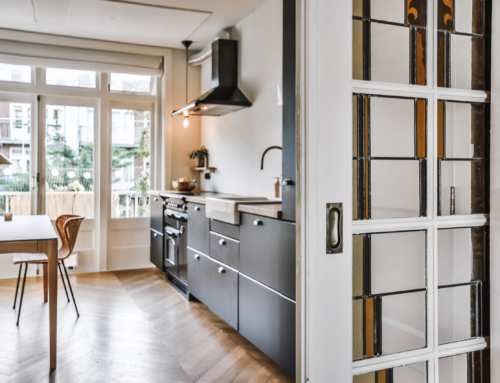Renovating your home is not just about improving its aesthetics or functionality; it’s also a smart investment to boost its market value. A strategic approach to renovation ensures that your efforts deliver maximum returns, whether you plan to sell your property or simply want to enhance its appeal. Here are practical tips and strategies to help you increase your home’s value through well-thought-out renovations.
1. Focus on Curb Appeal
First impressions matter, and the exterior of your home is the first thing potential buyers or visitors notice. Enhancing curb appeal can significantly increase your home’s value.
-
Landscaping: Plant trees, shrubs, or flower beds to create a welcoming environment. Keep the lawn trimmed and well-maintained.
-
Exterior Upgrades: Repaint the exterior, replace old siding, or add stone veneer accents to modernize your home’s look.
-
Entryway Enhancements: Update the front door with a fresh coat of paint or a new design, and consider adding outdoor lighting for a polished appearance.
2. Upgrade the Kitchen
The kitchen is often considered the heart of the home, making it one of the most valuable spaces to renovate.
-
Modern Appliances: Invest in energy-efficient, stainless steel appliances to appeal to eco-conscious buyers.
-
Countertops and Cabinets: Replace outdated countertops with granite or quartz and consider refinishing or replacing cabinet doors.
-
Lighting: Add under-cabinet lighting or pendant lights to brighten the space.
3. Enhance the Bathroom
Bathrooms are another high-impact area where upgrades can yield significant returns.
-
Fixtures and Finishes: Replace old faucets, showerheads, and hardware with modern, stylish options.
-
Tile Work: Update outdated tiles with contemporary designs or neutral tones for a timeless look.
-
Vanities: Install a double vanity or add storage solutions to increase functionality.
4. Increase Living Space
Adding usable square footage can dramatically increase your home’s value and appeal.
-
Finished Basements: Transform an unfinished basement into a family room, home office, or guest suite.
-
Attic Conversions: Convert attic space into a bedroom or loft.
-
Outdoor Living Areas: Add a deck, patio, or pergola to create inviting outdoor spaces for relaxation and entertaining.
5. Prioritize Energy Efficiency
Energy-efficient homes are highly attractive to buyers and can lower utility costs for you and future owners.
-
Windows and Insulation: Upgrade to double-pane windows and improve insulation to reduce energy consumption.
-
Solar Panels: Consider installing solar panels to increase your home’s eco-friendliness.
-
Smart Home Technology: Add smart thermostats, lighting, or security systems to modernize your home.
6. Address Minor Repairs
Small details can make a big difference in how your home is perceived.
-
Fix Leaks: Address any plumbing issues, including dripping faucets or running toilets.
-
Paint Touch-Ups: Repaint walls with neutral colors to create a clean, fresh atmosphere.
-
Flooring: Repair or replace damaged flooring with durable materials like hardwood or luxury vinyl.
7. Keep It Neutral and Timeless
When renovating, opt for timeless designs and neutral colors that appeal to a broader audience. Avoid overly personalized touches that may not resonate with future buyers.
8. Work with Professionals
While DIY projects can save money, certain renovations require professional expertise to ensure quality and compliance with local building codes. Hiring skilled contractors for structural changes, plumbing, or electrical work is a worthwhile investment.
Conclusion
Strategic renovations can dramatically enhance your home’s value, but careful planning is essential to maximize returns. Focus on high-impact areas like the kitchen, bathroom, and exterior, and prioritize upgrades that improve functionality, energy efficiency, and overall appeal. By investing wisely, you’ll create a beautiful and valuable home that stands out in the market.




